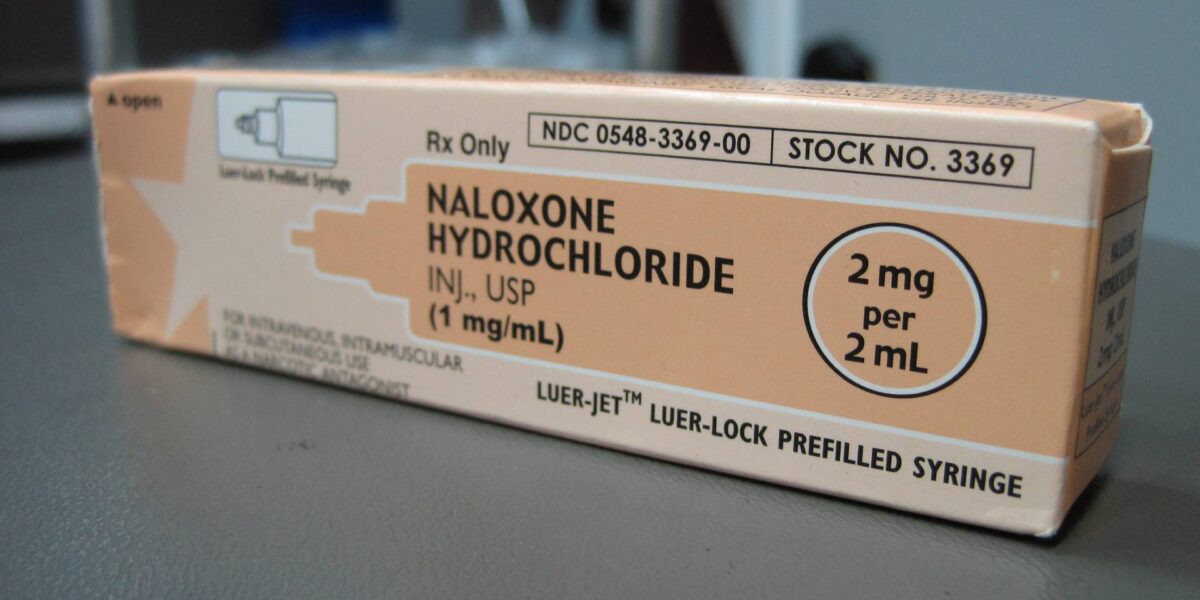Some Ontario workplaces are now required to have naloxone kits available if there is reasonable belief that workers are at risk of an opioid overdose while at work. The Residential Construction Council of Ontario (RESCON) said in a release that ensuring naloxone kits are available on construction sites can save lives. A large percentage of employees in the construction sector are affected by mental health issues and addiction.
While the presence of naloxone kits helps to combat the symptoms of mental health issues and addiction on construction worksites, addressing why mental health issues are so prevalent will help tackle the root of the issue.
Approximately 2,500 people in Ontario died from opioid-related causes between March 2020 and January 2021. Of the victims who were employed, 30 per cent worked in the construction industry, according to a RESCON release.
A report released in 2022 by Public Health Ontario revealed there were a total of 428 opioid toxicity deaths among individuals who had a history of employment in the construction industry from July 2017 to the end of 2020. This means that construction workers accounted for nearly 1 in 13 opioid toxicity deaths across Ontario during this time period.
The report did not examine the reasons behind drug use, but pointed to elevated levels of injuries and pain-related conditions, chronic pain, and mental health diagnoses among construction workers as a reason for higher drug dependence. The report suggests that workers use opioids to cope with pain, injuries, depression and anxiety.
The nature of construction work contributes to the high levels of mental health issues.
“There are several factors unique to the construction industry that can negatively impact the mental health of our workers,” wrote Mike Yorke from the Carpenters’ District Council of Ontario and Cristina Selva from the College of Carpenters and Allied Trades in an Industry Perspective op-ed. “[Factors] such as the seasonality and unpredictability of employment; the expectation of overtime and working long hours; the exhausting physicality of the work; and workplace injuries or illness that can lead to chronic pain and psychological trauma.”
WIth the high levels of mental health issues and the deadly effects of leaving these problems unattended, it is important to ensure that construction workers are psychologically safe on the job. The introduction of naloxone kits on worksites is an important step.
“Most RESCON members are already ahead of the game and have included naloxone kits on site as part of their health and safety protocols,” said RESCON vice-president Andrew Pariser, chair of the association’s safety committee. “This is an easy best practice that can save lives.”
Beyond naloxone kits, the Carpenters’ District Council of Ontario has also begun implementing other measures to protect workers. Staff and members of the council are offered mental health first aid training programs.
The Public Health Ontario report found that other measures to address mental health issues are also in order. These include “interventions that promote long-term medical follow-up among construction workers with painful conditions, injuries, and mental health diagnoses as well as the removal of work-related and cost-related barriers to seeking healthcare.”
“Our industry has come a long way in prioritizing and establishing best practices to preserve the physical health and safety of our workers,” wrote Yorke and Selva. “Mental health must become part of that focus. Attention to physical and mental wellness can both save lives.”



